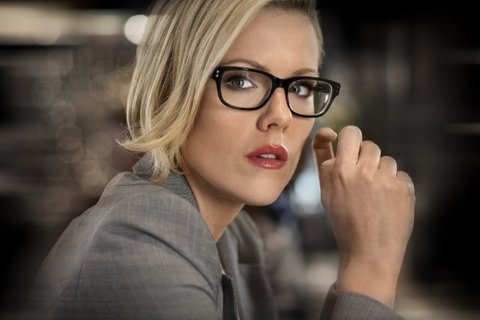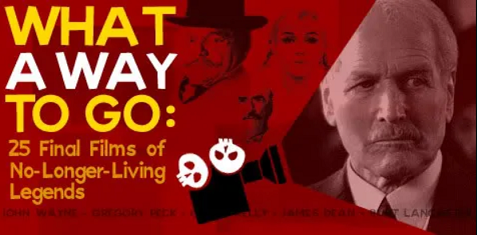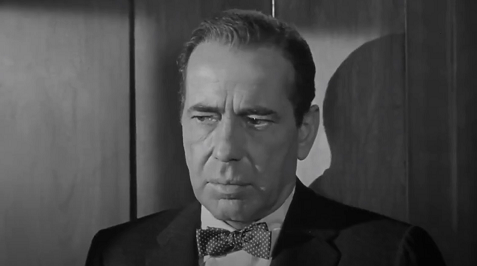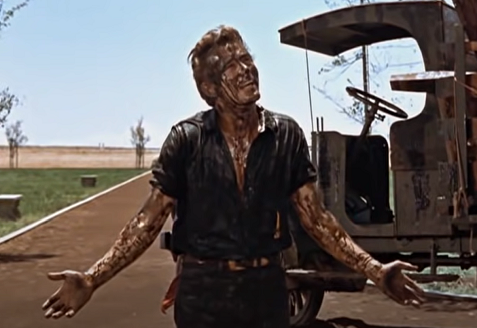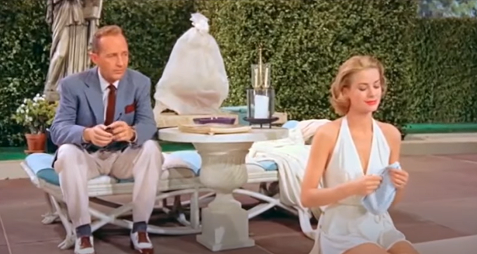The Light from the TV Shows: A Chat with Kathleen Robertson (“Boss”)
Although I get plenty of opportunities to do in-person interviews when I’m out on the west coast for the Television Critics Association press tours, I very rarely get the chance while I’m here at Virginia, so when I was offered the chance to meet Kathleen Robertson for coffee, one of the stars of a show I already have a lot of love for (“Boss”), you can imagine that I didn’t have to think twice before answering, “Absolutely!” Indeed, I didn’t even blink an eye when it was casually mentioned that it might be nice if I managed to find a way to bring up Starz’s new app for Cox subscribers, Starz Play, because, what, like it’s such a bad thing to hype something that helps more people see some of my favorite series? (As you hopefully recall, I’m a big “Magic City” fan, too.) As I was assured in advance, Kathleen was a total sweetheart, and as we chatted over the course of a half-hour, the topics included the series that brought us together in the first place, of course, but also “Maniac Mansion,” “90210,” “Tin Man,” and even the hilarious-but-underrated IFC series, “The Business.” Read on…but don’t forget that the “Boss” Season 2 finale airs Friday night on Starz!
Bullz-Eye: So the second season of “Boss” is coming to a close…
Kathleen Robertson: Yep!
BE: Your character, Kitty O’Neill, had a decidedly different dynamic in Season 2 than she did in Season 1. How much forewarning did you have about how Kitty’s storyline was going to play out during this season? Did you know from the get-go, or was it only doled out to you on an episode-by-episode basis?
KR: I knew from the get-go. I sat down with the writers at the very beginning of the season, and they sort of explained to me what the storyline was for her. With the exception of the finale. They were very secretive about the finale, and I didn’t know what was going to happen until the week before we shot it and I read the script. Have you seen the finale?
BE: I have not yet.
KR: [Tries and fails to disguise her giddiness.] It’s so good. It’s so good. They kept saying to me all through the year, “Just be patient. Just be patient and wait for (episode)10.” I said, “What does that mean, though? Like, am I gonna get killed? What are you…what happens in 10?” “Just be patient.” And then they’d say, “10 is your episode, and you’re gonna be really happy with it.” So I was. And I am really happy with 10. It’s amazing.
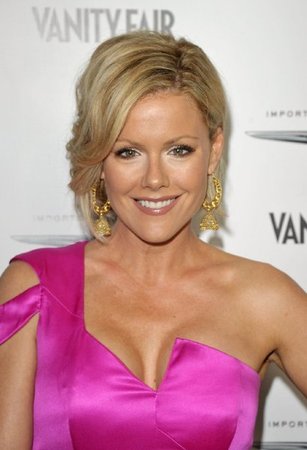
BE: 10 may be “your episode,” but it’s arguable that you’ve had a lot of episodes. Kitty’s evolved throughout the season, at least in a certain sense. At the same time, though, she also ends up making it pretty clear that she doesn’t really know who she is unless she has someone to serve.
KR: Yeah, that’s true.
BE: Did you see that as being a part of her character from the very beginning, or was that something you discovered as time went on?
KR: Well, with Season 1… [Hesitates.] Farhad (Safinia) said to me at the beginning of the series, “For Season 1, Kitty almost has a reverse arc.” She kind of starts here… [Holds hand up and then begins lowering it.] …and ends here. And it’s kind of like that in Season 2 as well, because from the moment we meet her in this season, she’s pregnant, she’s sort of deciding if she even wants to be in politics anymore…she’s deciding who she is. So the journey for her over Season 2 was a much more internal one, and it was much more a case of asking, “Who am I without my identity?” And for her, the identity isn’t just working for Kane. It’s being in this whole world that she’s sacrificed everything for. So she sort of flirts with the idea of trying to be an alternate Kitty throughout the season, and by the end… [Smiles knowingly.] When you see the finale, I think she ends up where she belongs.
You can follow us on Twitter and Facebook for content updates. Also, sign up for our email list for weekly updates and check us out on Google+ as well.
Posted in: Entertainment, Interviews, Movies, News, Television
Tags: Anderson Cooper, Beverly Hills 90210, Boss, Breaking Bad, Cape Fear, Eugene Levy, Farhad Safinia, Francis Guinan, George Lucas, Giancarlo Esposito, Girls Club, Gus Van Sant, IFC, Jason Priestley, Jennifer Aniston, Joe Flaherty, Juliette Lewis, Kathleen Robertson, Kelsey Grammer, Kids in the Hall, Kitty O'Neill, Magic City, Maniac Mansion, Mark Ruffalo, Michael Shanks, Moulin Rouge, Oprah, Oprah Winfrey, Revolution, Robert Halmi, SCTV, Stargate, Starz, Starz Play, The Business, The Light from the TV Shows, Tin Man, Will Harris, XX/XY, Zooey Deschanel

